In today’s fast-paced world, mental health is increasingly becoming a priority for many people. Stress, anxiety, and depression are common concerns, with millions struggling to maintain a sense of well-being. While there are numerous ways to support mental health—such as therapy, meditation, and physical activity—one relatively new approach gaining attention is electrical muscle stimulation (EMS) training.
Electrical Muscle Stimulation (EMS) is a technique that uses electrical impulses to stimulate muscles, encouraging them to contract. This stimulation can mimic the natural signals sent by the brain to muscles during physical activity. EMS training is typically done using a wearable device with electrodes that are placed on specific muscle groups. These electrodes send electrical impulses to the muscles, providing a more intense workout than traditional exercise.
EMS training is often associated with enhanced strength, muscle toning, and overall physical fitness. However, its potential benefits extend beyond the body—specifically to mental health. Let’s explore how regular EMS workouts can positively impact mental well-being.
Reducing Stress and Anxiety
One of the most immediate effects of physical activity is the release of endorphins, the body's natural "feel-good" hormones. EMS workouts, like traditional exercise, stimulate endorphin production, which can help reduce stress and promote feelings of happiness and relaxation.
Studies have shown that regular exercise can significantly reduce symptoms of anxiety. The unique intensity of EMS training can help individuals release pent-up stress, leaving them with a calmer, more balanced mental state. For those who may struggle with more conventional forms of exercise due to time constraints or physical limitations, EMS training offers an efficient and effective alternative.
Improving Mood and Fighting Depression
Depression affects millions of people worldwide, with many seeking alternative treatments to help manage symptoms. EMS training has been shown to improve mood, particularly in individuals with chronic pain or those who experience physical limitations. By stimulating the muscles and increasing blood flow, EMS can enhance the body's ability to regulate mood.
EMS workouts help improve serotonin levels, a neurotransmitter that plays a crucial role in regulating mood, sleep, and appetite. Regular stimulation of the muscles encourages the release of these chemicals, which can help fight off feelings of sadness or hopelessness.
Enhancing Focus and Mental Clarity
While traditional workouts promote cognitive function through endorphin release, EMS workouts provide an additional benefit by engaging the nervous system in a way that enhances focus and mental clarity. EMS can stimulate the brain’s motor cortex, which is responsible for planning and executing movement. This stimulation helps boost mental alertness and concentration, creating a sharp, focused state of mind.
Whether you’re dealing with mental fatigue, lack of motivation, or need an energy boost, EMS training can help you feel more mentally clear and prepared to tackle the day. The neurostimulation effect also encourages better overall brain function, making it easier to maintain productivity and mental agility.
Supporting Better Sleep Patterns
Many individuals with mental health concerns also face sleep disturbances. Anxiety, stress, and depression often interfere with a restful night’s sleep, leading to a vicious cycle of fatigue and poor mental health. EMS training may offer a solution to this problem by helping regulate sleep patterns.
The release of endorphins and other feel-good hormones during EMS sessions can reduce the tension in the body, making it easier to relax. EMS can also aid in muscle recovery, leading to a more restful and restorative sleep. With improved sleep, individuals are more likely to experience better mood regulation, energy levels, and overall mental well-being.
Promoting Mind-Body Connection
EMS workouts require individuals to focus on their body’s sensations and movements as they undergo electrical stimulation. This creates a strong mind-body connection, fostering a greater awareness of physical and emotional states. People who regularly engage in EMS training may become more attuned to their bodies, learning to recognize when they feel stressed or anxious, and finding ways to address these feelings through exercise.
The heightened awareness of bodily sensations encourages mindfulness—a practice linked to improved mental health. By being present in the moment and connecting deeply with their body, individuals can reduce the impact of negative thoughts, manage stress more effectively, and improve overall emotional regulation.
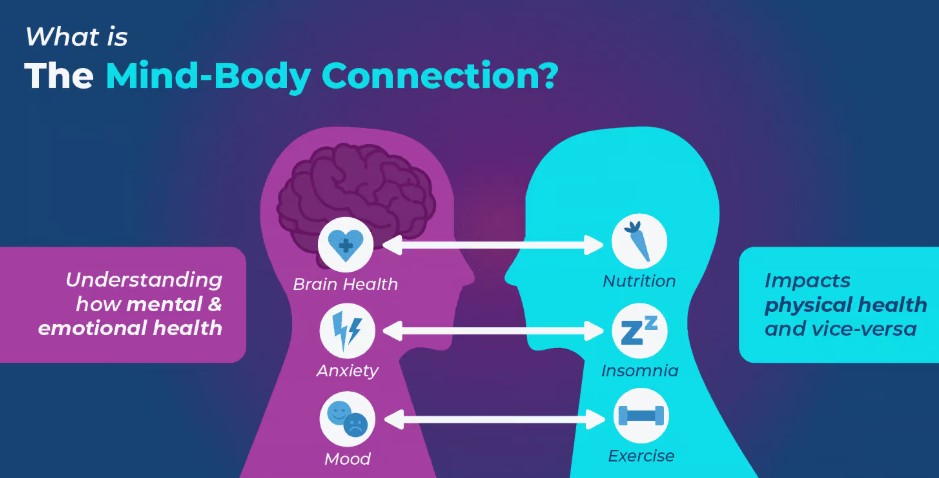
Building Confidence and Self-Esteem
When it comes to mental health, self-esteem plays a significant role. People who feel good about themselves are more likely to maintain positive mental states and cope better with life’s challenges. EMS training can contribute to improved self-esteem by helping individuals achieve their fitness goals faster and more effectively.
The results of EMS training—such as muscle toning, fat reduction, and improved strength—can lead to a sense of accomplishment and pride. As individuals see visible progress and improvements in their physical appearance, they may experience a boost in their confidence and self-worth. This positive feedback loop can translate to enhanced mental health and a more optimistic outlook on life.
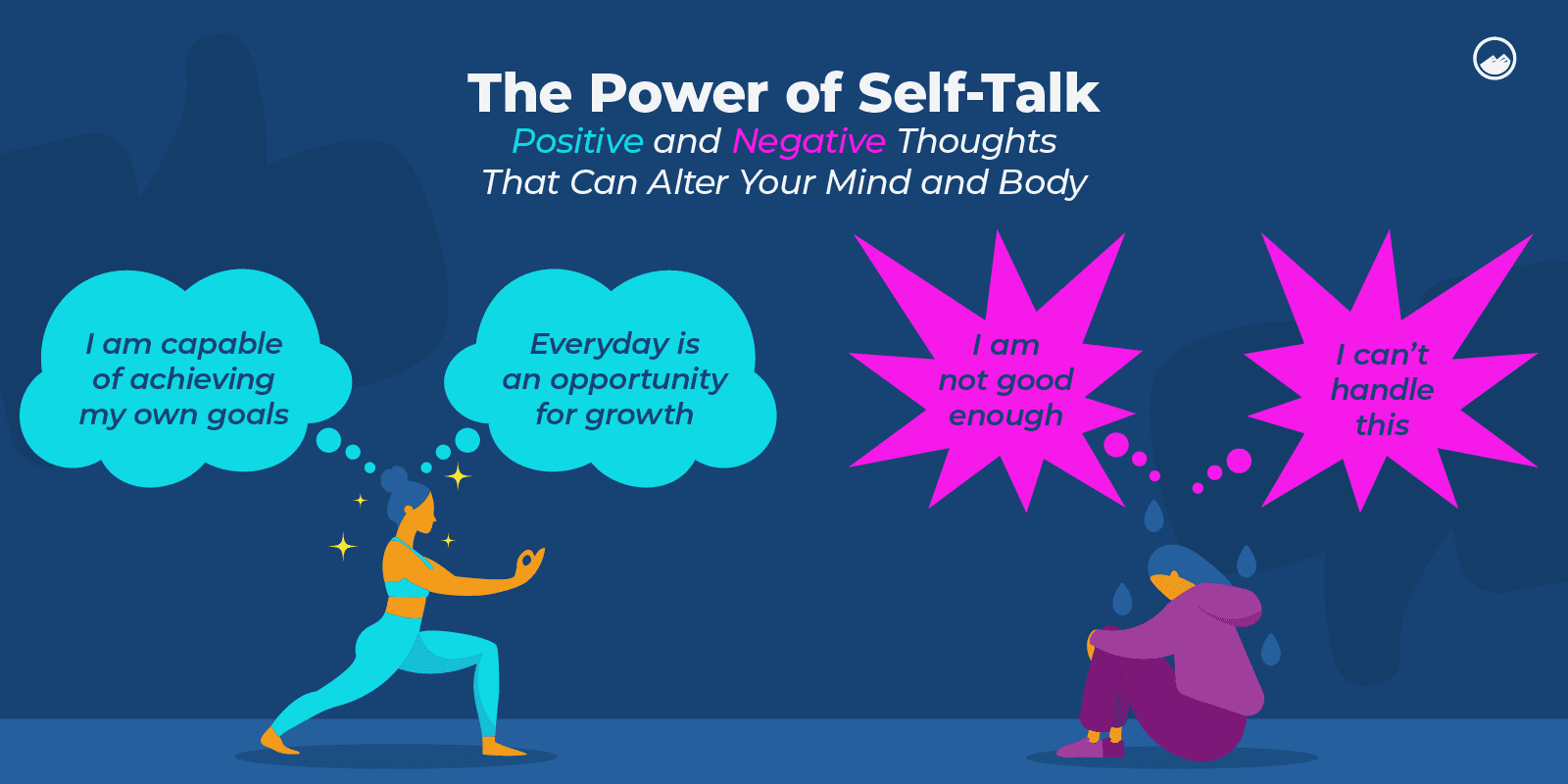
Alleviating Chronic Pain and Tension
Chronic pain and muscle tension can significantly impact mental health, leading to feelings of frustration, irritability, and helplessness. EMS is commonly used in rehabilitation and pain management because it helps alleviate muscle tension, improve blood circulation, and promote recovery from injury.
For individuals suffering from chronic conditions, such as back pain, neck pain, or fibromyalgia, EMS workouts can provide relief by relaxing tight muscles and reducing pain. The ability to manage chronic pain effectively can lead to a better quality of life, improving overall mental health.
EMS and Stress Resilience
Stress is an inevitable part of life, but how we respond to it can make a huge difference to our mental health. EMS training can help individuals develop a stronger resistance to stress. By regularly engaging in EMS sessions, the body learns how to cope with the physical sensations of stress more effectively.
The combination of muscle stimulation and the associated endorphin release helps to recalibrate the body’s natural stress response. Over time, this resilience can help individuals handle challenging situations with more ease, less emotional strain, and a calmer demeanor. This makes EMS training a valuable tool not only for stress reduction but for improving long-term stress management skills.
The Role of EMS in Combating Mental Fatigue
Mental fatigue is a common problem, especially for those juggling demanding careers, family responsibilities, and personal commitments. This fatigue often manifests as difficulty concentrating, irritability, and a lack of motivation. EMS workouts can provide a significant boost to those suffering from mental exhaustion.
By increasing blood circulation and stimulating the nervous system, EMS enhances overall physical energy levels. This heightened energy can alleviate the mental fog that comes with fatigue, leading to improved cognitive performance. Regular EMS sessions can help recharge both the body and mind, leaving individuals feeling more energized and better equipped to face the challenges of daily life.
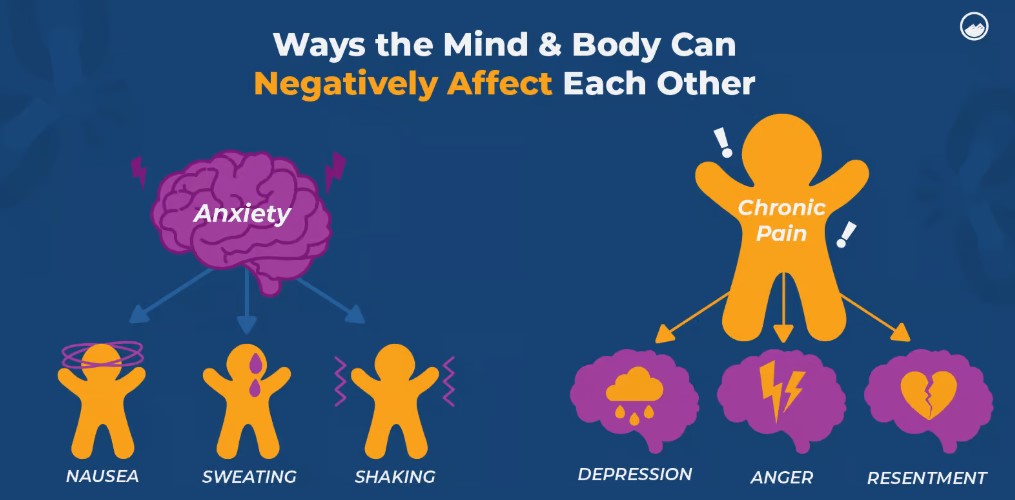
EMS for Improved Social Interaction and Mental Well-being
Mental health isn't only about managing internal thoughts and emotions; it also involves maintaining positive relationships and social interactions. EMS training can provide a social outlet for those who feel isolated or disconnected. The camaraderie that develops through shared fitness experiences can boost feelings of belonging and improve emotional well-being. Additionally, EMS training encourages physical activity, which is proven to enhance social skills, reduce social anxiety, and foster better communication in everyday interactions.
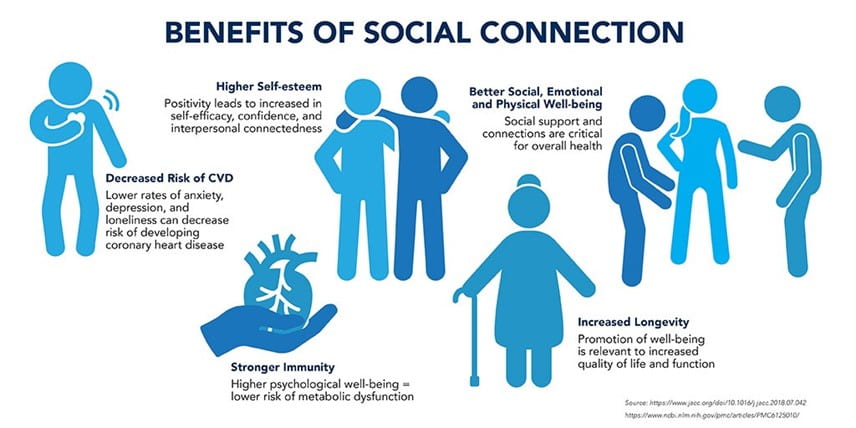
EMS and Cognitive Function: Enhancing Brain Health
While EMS is typically associated with physical benefits, its impact on cognitive health should not be underestimated. The stimulation of muscles through electrical impulses triggers the nervous system, which in turn enhances brain activity. Regular EMS sessions can help improve neuroplasticity—the brain’s ability to reorganize itself by forming new neural connections.
This enhancement of cognitive function can result in improved memory, faster learning abilities, and better decision-making skills. For individuals experiencing cognitive decline or brain fog, EMS can serve as a mental workout, boosting overall brain health and clarity. Improved cognitive function can have profound positive effects on mental health, making EMS training a valuable component of a brain-boosting wellness routine.
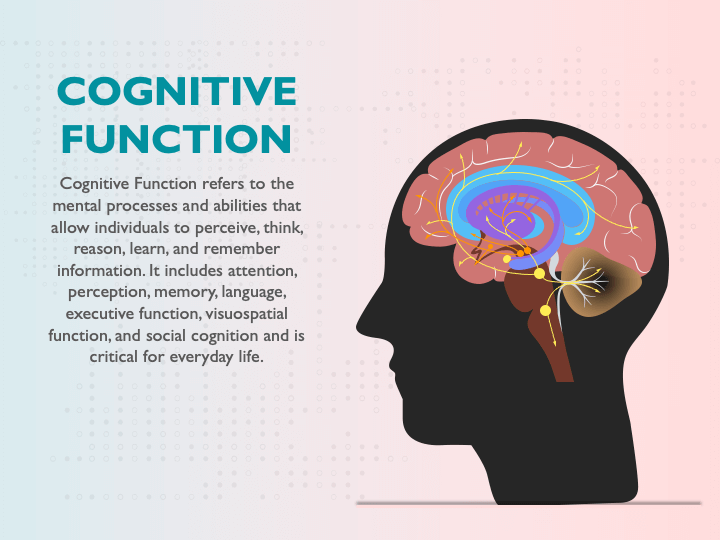
EMS as a Tool for Mindfulness and Relaxation
Many people turn to mindfulness practices like yoga or meditation to manage stress and improve their mental health. EMS training, while a physical workout, also offers an opportunity for mindfulness. The focus required during EMS sessions—paying attention to the muscle contractions, breathing patterns, and body movements—can be incredibly grounding.
The deep concentration needed during a session can provide a form of meditative focus, helping individuals escape the constant stream of thoughts that can lead to anxiety and overthinking. By turning EMS workouts into a mindful experience, individuals can not only boost their physical fitness but also enhance their emotional well-being through the benefits of focused relaxation.
EMS and Personal Growth: Building Mental Toughness
Mental toughness is the ability to stay focused, committed, and positive in the face of challenges. Regular EMS workouts push your physical and mental limits, which can help foster mental resilience. Whether you’re managing the discomfort of the workout or sticking with a routine, EMS training helps you develop a stronger mindset.
Through consistent practice, individuals can improve their ability to persevere through difficult situations. Overcoming the challenges of EMS workouts can build self-discipline, confidence, and mental toughness—qualities that can significantly contribute to better overall mental health and success in life.
EMS for Rebuilding Confidence After Trauma or Setbacks
Trauma and personal setbacks can have a significant impact on an individual's mental health, often leading to decreased confidence and a sense of helplessness. EMS training can provide an empowering way to rebuild confidence. The physical transformation that occurs through regular EMS sessions—whether it’s muscle toning, increased strength, or weight loss—can translate to an improved self-image and a stronger sense of self-worth.
Additionally, the mental discipline required in EMS training can help individuals regain a sense of control over their bodies and their lives. For anyone recovering from physical or emotional trauma, EMS provides a safe, supportive, and structured way to re-establish mental and physical health.
EMS as Part of a Holistic Mental Health Approach
For those serious about improving their mental health, EMS can be integrated into a holistic wellness routine that combines physical activity, therapy, nutrition, and self-care. EMS training complements other mental health practices by supporting the body’s physical health, which in turn has a positive effect on mental health.
By incorporating EMS into a broader approach to mental well-being, individuals can take a proactive step toward reducing mental health risks, preventing burnout, and improving overall emotional stability. EMS offers a natural, non-invasive option for anyone looking to enhance their well-being, both physically and mentally.
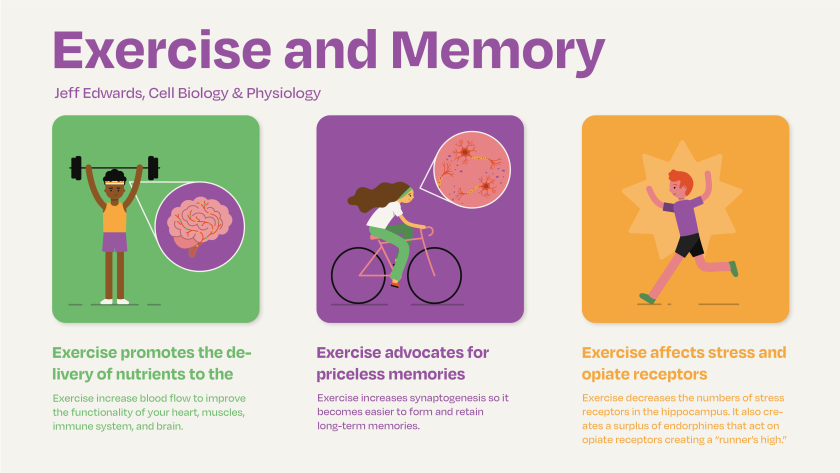
EMS for Enhancing Emotional Regulation and Stress Management
Emotional regulation—the ability to manage and respond to emotional experiences in a healthy way—is a key aspect of mental well-being. EMS training can support emotional regulation by reducing physiological signs of stress and promoting a sense of calm. Regular EMS sessions help to regulate the body’s autonomic nervous system, balancing the sympathetic (fight-or-flight) and parasympathetic (rest-and-digest) responses.
As EMS workouts trigger endorphin release and improve blood circulation, they help to lower cortisol levels, the hormone responsible for stress. Lower cortisol levels are associated with improved emotional stability, greater resilience in the face of challenges, and a more balanced mood. By training the body to recover more quickly from stress, EMS helps individuals to better manage their emotions and respond more effectively to everyday stressors.
For those struggling with emotional regulation due to anxiety, depression, or stress-related disorders, EMS can provide an effective tool to help regain control over emotional responses, enhancing overall mental health and well-being.
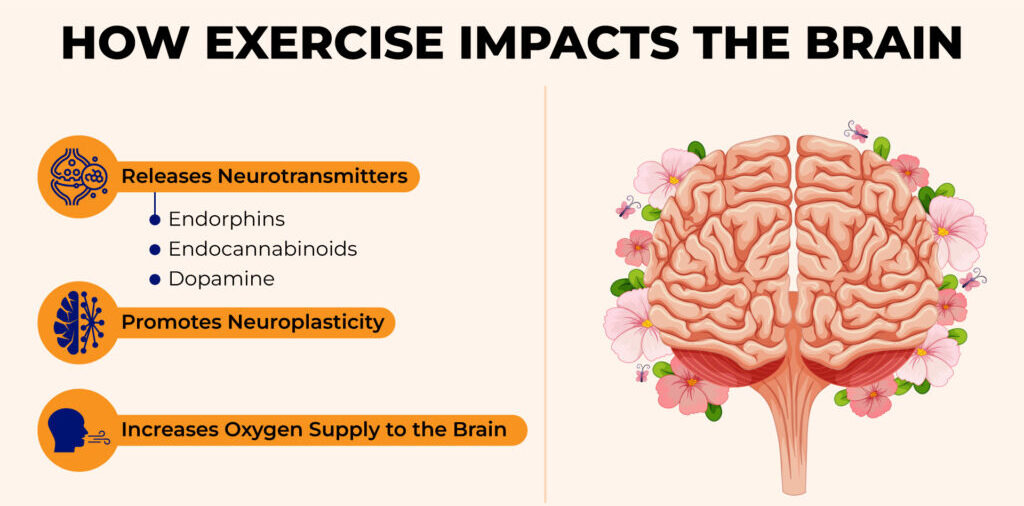
Unlocking the Mental Health Benefits of EMS Training
Incorporating regular EMS workouts into your routine can offer profound benefits for your mental health. From reducing stress and anxiety to boosting mood and improving sleep, EMS provides a holistic approach to mental well-being. The added bonus of enhancing focus, mental clarity, and self-esteem makes it a valuable tool for anyone looking to enhance both their physical and mental health.
If you're looking for a way to boost your mental health while achieving fitness goals, consider adding EMS training to your exercise regimen. As with any workout, consistency is key to seeing the full benefits. By making EMS a regular part of your routine, you can enjoy not only a stronger, fitter body but also a more balanced, positive, and resilient mind.

